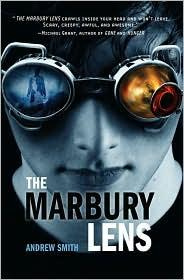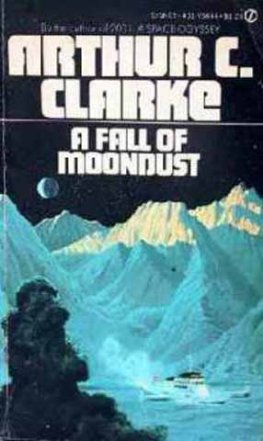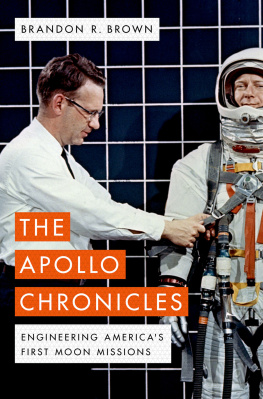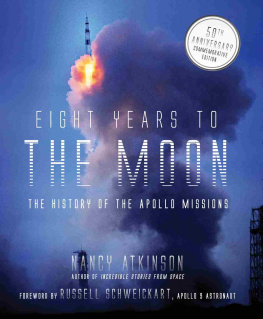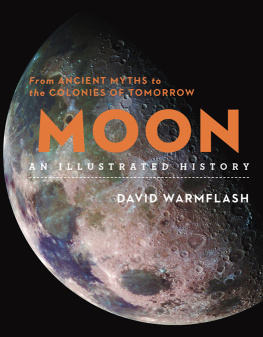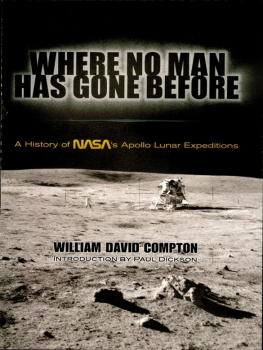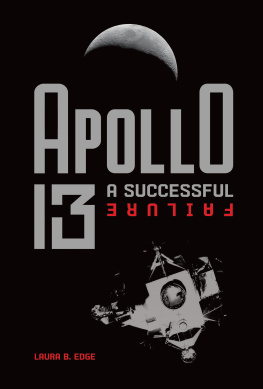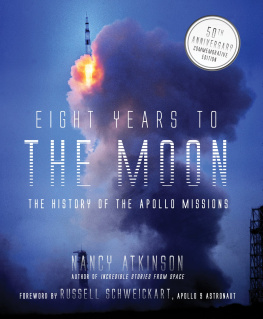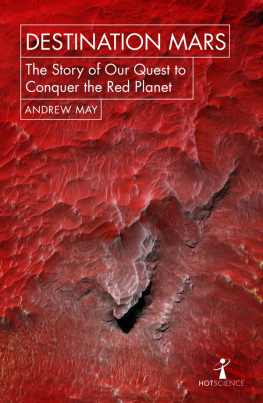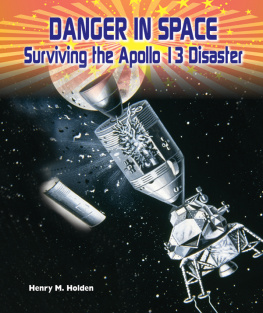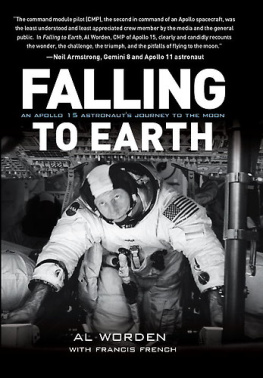Wonderful This is a fascinating book, often poignant but funny too Daily Mail
Smith navigates the contours of our love affair with space Moondust is an inspired idea, immaculately executed: witty, affectionate, completely captivating Word
This book is something different As an update on the nine surviving astronauts it is fascinating. As a commentary on life on Earth, it is superb Scotland on Sunday
Compelling and beautifully written this exceptional account of a remarkable time is recommended to anyone interested in space, politics or how historic events change people Waterstones Books Quarterly
A gripping read Mail on Sunday
Smiths mission gloriously realised in this spellbinding book is to seek out the last nine and discover how the decades have treated the only humans to have walked on another world Observer
Smith is a graceful, easy-going writer, and this beguiling tale is replete with joyful wonder. Whats more, he has something witty to say in almost every paragraph Sunday Times
Spellbinding a provocative meditation on lunar travel and humanitys reaction to space, pondering such themes as space art, quantum mechanics, New Age religion, UFOs, Star Trek, and his own childhood memories Business Week
Utterly gripping Smith is both sympathetic and bracingly unsentimental. But he also does an excellent job at rekindling the sheer fascination of that period intriguing, startling, funny, and yet also somehow profoundly moving Daily Telegraph

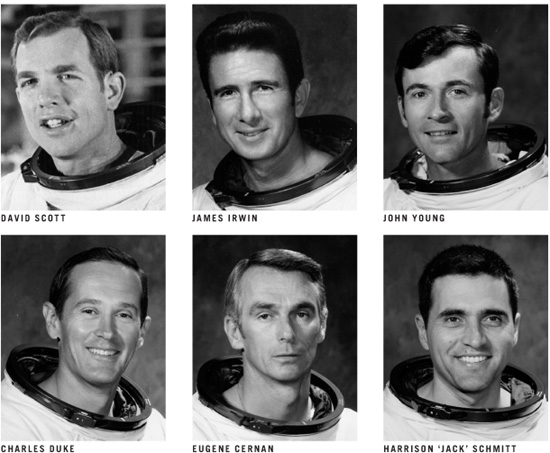
I saw Charlie Duke a few months ago.
He was on a treadmill in the gym of a hotel at which we were both staying, and I walked past his whirring machine three or four times without satisfying myself that it was really him. Charlie had been one of the youngest of the Moonwalkers, but I knew that even he would be at least 74 now, and the tanned jogger before me looked fifteen years shy of that. Only when we met over dinner that night did I laugh at myself and accept the truth that all those Albuquerque needles and tubes werent for nothing. NASA chose their Moon men well.
Looking back, my concern over the longevity of the Nine looks a little amusing; a young mans sublimation of his own dawning sense of mortality. To be sure, theyre older now, but as I write theyre all still active and very much here doubly good news, because this most exclusive of clubs looks unlikely to expand in the near future. For all Dubyas TV rapture and Gene Cernans faith back in 2004, my instinct had been right: the now ex-President had committed little that was new to the cause, and whatever private enthusiasm his successor might have felt for the plan surely evaporated with the credit crisis. In its way, Barack Obamas election in November 2008 seemed as momentous as that first landing back in 69. Born the year JFK launched Apollo, Obamas eyes light up when he recalls the sense that first landing gave him that anything was possible and perhaps, in some small way, these two landmark events are even linked. For the time-being, though, he and the world will have other priorities. No ones going back just yet.
In a phone conversation not long ago, the still razor-sharp Rene Carpenter suggested that, while the near-term prospects for further crewed deep space exploration havent changed in the past few years, the men lucky enough to live that singular dream however briefly have.
Oh, theyve mellowed, she chuckled. Back then, they would have cut each others throats to get a flight, but now theyre a band of brothers. Its kinda cute.
And what are they up to, this novel band of brothers? Pretty much what they were before, as far as I can tell. Ive stayed in touch with Alan Bean, and when the author and screenwriter Frank Cottrell Boyce called to ask advice on which real-life Moonwalker to put in his next book, a childrens space odyssey called Cosmic, I had no hesitation in recommending the painterspaceman whose work, incidentally, is now even further outside my price range than it was when I first saw it. Every now and again I get word of another hard-won victory over the lunar palette, or a collection of funny NFL clips on YouTube. It came as no surprise that Frank enjoyed him just as much as I did.
Elsewhere, Ed Mitchell, having shrugged off cancer, recently made the news at home and in Europe by offering his thoughts on UFOs to a radio station, and is still to be found addressing academic symposia on that subject and on crop circles, while Buzz Aldrin travels all over the world at a conference here, a cruise there, a product launch somewhere else. In space circles, he and Armstrong have now ascended to the ranks of single-name celebrities, like Angelina and Brad or Ant and Dec, and one can only guess at how the First Man feels about this. When I visited Wapakoneta recently, members of the Armstrong Day organising committee revealed that their sole famous son had missed last years celebration, as per tradition, and that no one would be holding their breath this time either. On the other hand, I did meet a former classmate named Doris (or Punky to friends) who described Neils presence at a high school reunion only months before, through which hed been warm and engaging. If Armstrong didnt already exist, someone could make good money inventing him.
An author is often asked what his or her work is about, and while my stock response in the case of Moondust is that its about the guys who walked on the Moon, my real view changes constantly and most readers recognise that this explanation is only a starting point. It pleases me that through all the letters and conversations Ive had on the subject, only one other person has interpreted the book in precisely the same way as me, and also that so many plays and theatre productions, radio programmes and films, songs and albums have used it as a starting point for their own explorations. In truth, the two years I spent moving between the Moonwalkers still seem uncanny, as though my journey had already existed, shared in the minds of anyone who had ever pondered the subject for more than a heartbeat.
Not long ago, someone congratulated me on having had the foresight to write Moondust in time for the fortieth anniversary of the first lunar landing and the euphoria I knew would accompany it. Lost for a response, I thanked them, but felt a little spooked afterwards, as my mind retraced the maze of synchronicity and chance that led to the making of this book and ultimately directed its content. I realised that in the several years since its publication, perceptions of the Apollo programme have changed out of all recognition, and that this has had nothing to do with the book itself. And I set to wondering why.
When I struck out to find the Moonwalkers in the summer of 2002, the thirtieth anniversary of that most singular and dreamlike of days had just passed with remarkably little fuss. There were a few official celebrations, but most of the accompanying newspaper articles and feelgood TV news items seemed unsure of how to present Apollo after thirty years of neglect. With a new millennium dawning, perhaps our first and only embrace of another world felt, if anything, more distant than it does now. Even the man who led that hazardous trip, Neil Armstrong, offered nothing that might clarify, angering townsfolk in his home town of Wapakoneta, Ohio, by failing to turn up at a party thrown in his honour. Legend has it that he went flying at the local airfield instead.
Next page



